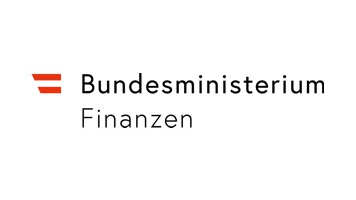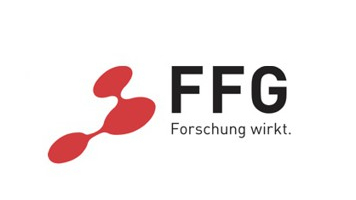Water supply and distribution as well as wastewater treatment systems are evolving from traditional physical infrastructures to cyber-physical systems (CPS). Physical assets are being networked and managed via (I)IoT devices, becoming part of industrial control systems (ICS). While digitalization brings many benefits, it also introduces new vulnerabilities and increased attack surfaces from cyberspace, as these systems are exposed to new types of threats, some of which will only emerge in the future. Cyber-attacks that have already occurred in other countries and have in some cases, paralyzed the purification and disinfection systems used to treat drinking water or increased the concentration of disinfectants in drinking water to dangerous levels, show the explosive nature of this issue in our everyday lives. Although further damage could be avoided with fail-safe systems but such incidents show that the critical infrastructure of the water industry is also vulnerable to cyber-attacks and that effective preventive measures are just as necessary as early detection and localization of the system components under attack.
SeRWas aims to provide research services for a comprehensive Cyber Situational Awareness (CSA) solution for the water management, taking into account the legal, regulatory and ethical requirements related to NIS2, as well as the extensive European legal framework for the use of Artificial Intelligence (AI). Cybersecurity orchestration and analysis should enable operators to protect essential business functions in real time. Specifically, SeRWas will help the water industry to
- reduce the attack surface for cyber-attacks with methods and tools for detailed assessment and risk analysis,
- counter the increasing sophistication of cyber-attacks by developing advanced and robust algorithms, such as trusted Artificial Intelligence (AI) tools for early and continuous attack detection and better situational and risk assessment,
- improve adaptation to best practices and the awareness of new security architectures by means of innovative and targeted knowledge transfer methods.
Project lead
DI Heribert Vallant
DIGITAL - Institut für Digitale Technologien
JOANNEUM RESEARCH Forschungsgesellschaft mbH
Project partners
Bundesministerium für Land- und Forstwirtschaft, Regionen und Wasserwirtschaft
Holding Graz – Kommunale Dienstleistungen GmbH
ipcenter.at GmbH
Technische Universität Graz – Institut für Siedlungswasserwirtschaft und Landschaftswasserbau
Technische Universität Graz – Institut für Technische Informatik
Xylem Water Solutions GmbH
Dr. Jeannette Gorzala, Rechtsanwältin& KI-Beraterin (Assoziierter Partner)
Contact
DI Dr. Martina Uray
DI Heribert Vallant
Steyrergasse 17, 8010 Graz
Telefon
Heribert Vallant: +43 316 876 1197
Martina Uray: +43 316 876 1197
E-Mail
heribert.vallant(at)joanneum.at
martina.uray(at)joanneum.at
Homepage
https://www.joanneum.at/digital


